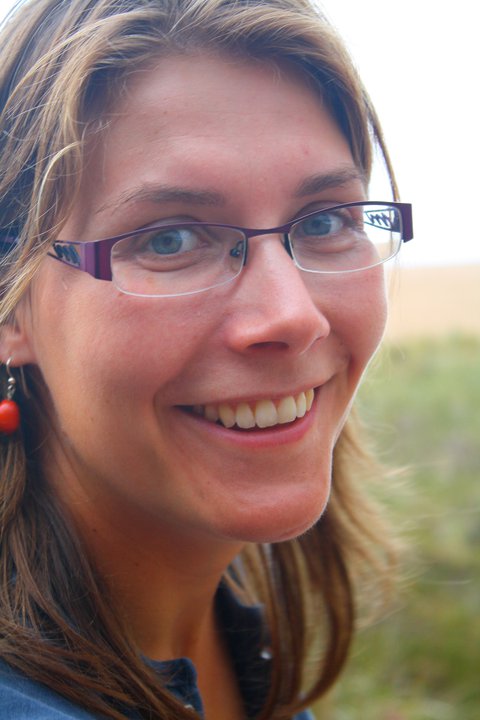AIAS Fellows' Seminar: Djuke Veldhuis, AIAS Fellow
Paradise lost? Measuring the social, psychological and physiological effects of rapid modernisation in remote human populations
Info about event
Time
Location
The AIAS Auditorium, Building 1632, Høegh-Guldbergs Gade 6B, 8000 Aarhus C

Abstract
The human stress reaction is critical to life, but in excess has the ability to inflict major damage. Previous studies have identified high levels of stress hormones and stress related diseases in western populations, but questions remain as to whether this is true in developing countries. Working with remote populations in Papua New Guinea, I document the effects of rapid modernisation through hormonal, health and socioeconomic data. I will assess the validity of the claim that humans living in more traditional societies provide a better proxy for such studies as they are more in line with the 'environment of evolutionary adaptedness'.
Short CV
Djuke Veldhuis earned her PhD in Biological Anthropology from the University of Cambridge. She was subsequently awarded a Mellon Postdoctoral Fellowship there to examine the biological and social influences on human behaviour and development. Her research interests range from human behaviour and evolution to psychology and health. In addition to her research, she is passionate about science communication and holds a Masters in Science Journalism from City University in London. Her fellowship at AIAS seeks to combine high quality research with direct public engagement, education outreach and popular science writing..
Djuke Veldhuis' project at AIAS.
What is a Fellows' Seminar?
The AIAS Fellows' Seminar is a session of seminars held by the AIAS fellows or by other speakers proposed by the fellows. In each seminar, one fellow will present and discuss his/her current research and research project, closing off with a question and discussion session.
All seminars are held in English and open to the public. Registration to the seminar is not necessary. Read more about the AIAS Fellows' Seminar here.
